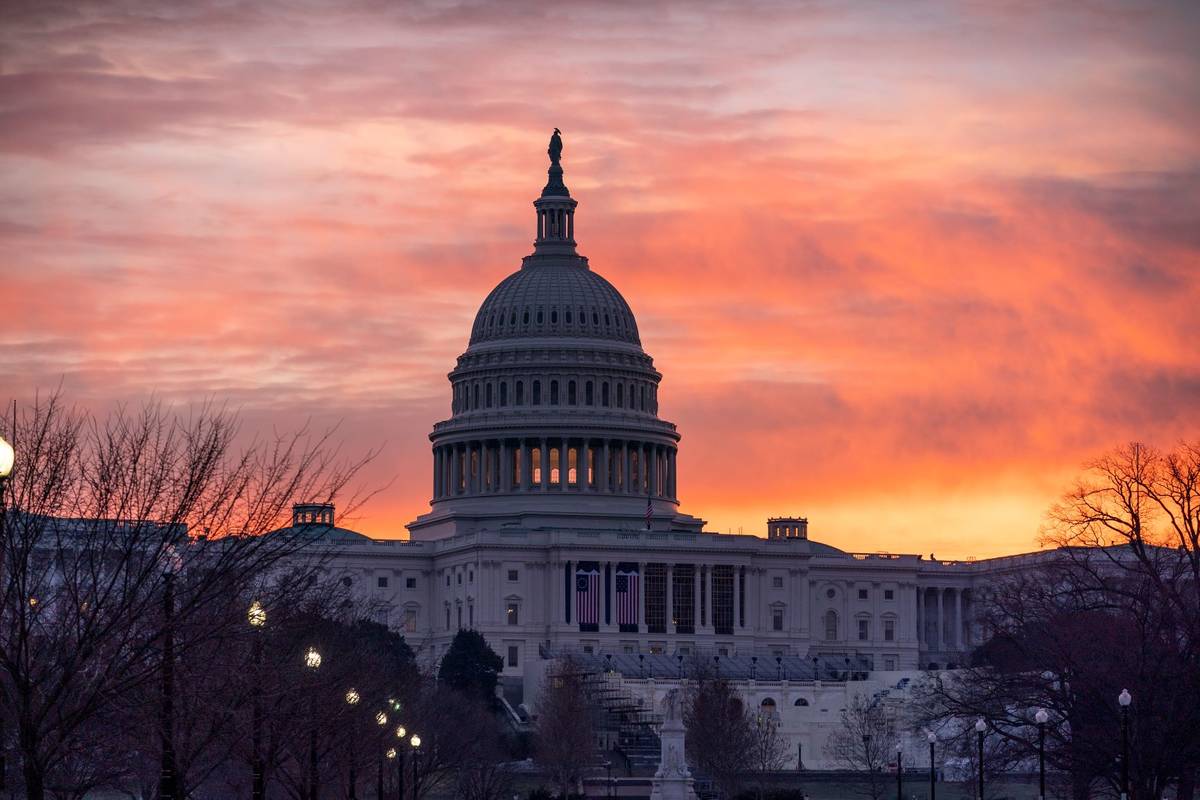EDITORIAL: Democrats try to lay groundwork for killing the filibuster

Senate Democrats haven’t gotten the new message of “unity” from the White House.
Less than two days after President Joe Biden delivered an inaugural address that stressed the importance of bridging divides, Chuck Schumer &Co. signaled they’re prepared to jettison the filibuster in an effort to implement a host of radical proposals through a simple majority vote. Whether Democrats will succeed in sacrificing a long-standing tradition at the altar of short-term political gain remains to be seen, but it reveals much about their commitment to eroding hyper-partisanship.
At issue is a power-sharing agreement in the upper chamber, which is evenly split at 50-50, with the vice president breaking ties and providing Democrats the ultimate edge. Absent a deal on organizing details and committee assignment procedures, the GOP still technically controls key committees. That could slow Mr. Biden’s effort to implement aspects of his agenda and to get Cabinet nominees confirmed.
Republican leader Mitch McConnell has demanded that Democrats agree to preserve the filibuster for two years as part of a power-sharing arrangement. But Mr. Schumer has refused, claiming that, while Democrats have no plans to end the practice, it shouldn’t be part of the discussion over organization.
In fact, Democrats want to use the filibuster as a bludgeon and aren’t interested in taking anything off the table. The simple threat of eliminating the 60-vote threshold to move legislation might be enough, they believe, to attract GOP support on certain issues. And if Republicans block too many bills, Democrats can blow up more than 150 years of tradition as long as they have no defections from their caucus, which includes Nevada’s Catherine Cortez Masto and Jacky Rosen.
“The progressive playbook: Wait for an emergency and claim that extraordinary times warrant breaking the filibuster,” the Wall Street Journal wrote last week, “and hope (Sen. Joe) Manchin rolls under pressure. Then try to ram through every Democratic priority from a public ObamaCare option to D.C. statehood.”
It all sounds so unifying.
The same short-sighted strategy proved an utter failure after Majority Leader Harry Reid used it in 2013. Democrats, in a fit of pique, eliminated the filibuster for non-Supreme Court judicial nominees. Once they lost control of the Senate, however, they were defenseless as Republicans approved more than 200 of President Donald Trump’s judicial nominees and three Supreme Court justices.
Don’t expect the allure of short-term satisfaction to be any less tempting this time around. Politics has a way of clouding the brain. But whatever advantage Democrats hope to gain by eliminating the Senate’s vital function as the more deliberative legislative body, it has nothing at all to do with bringing the country together.